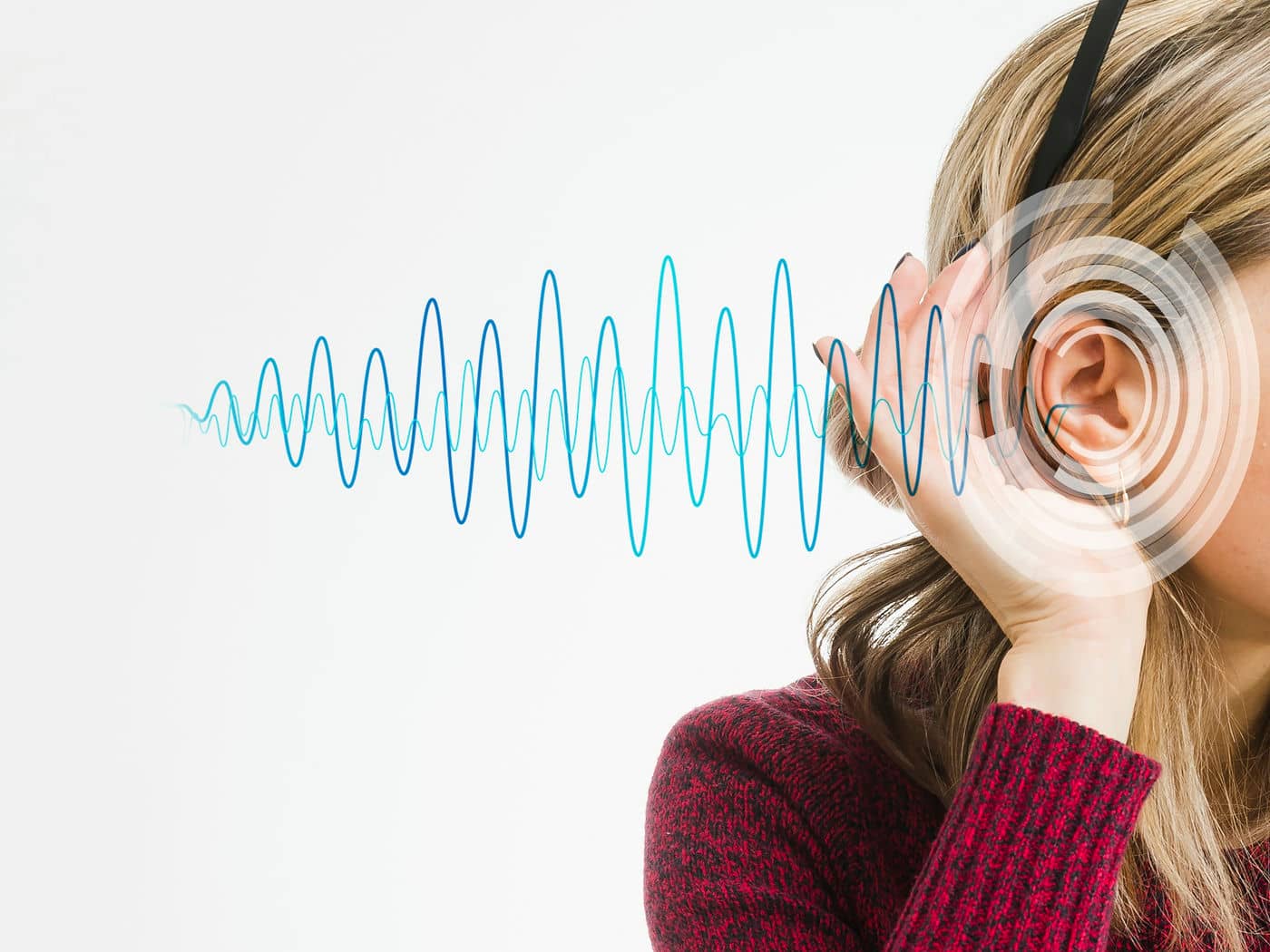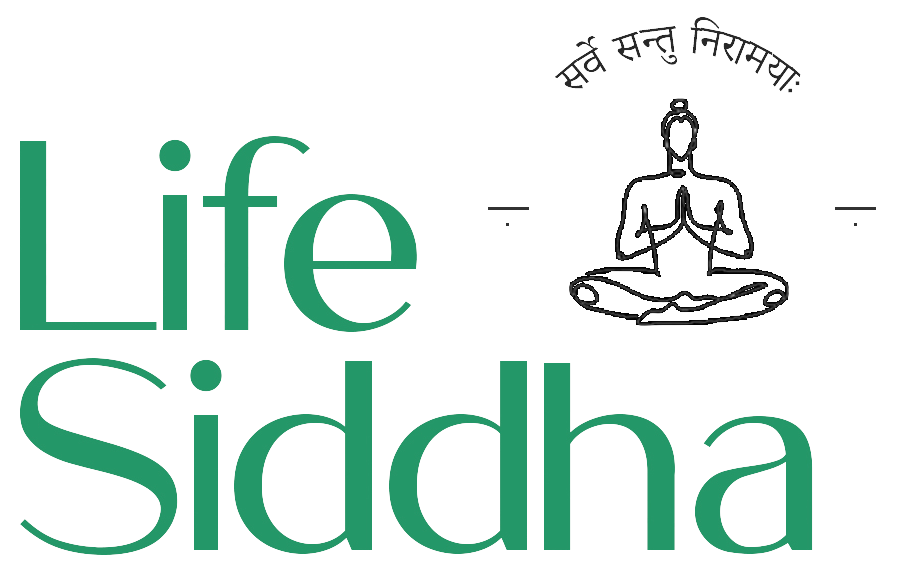

Experience the Healing Power of Music


Music therapy is a form of therapy that uses music to promote physical, emotional, and mental health. It is based on the belief that music has the power to affect a person’s mood, emotions, and behavior. Music therapy can help individuals cope with stress, anxiety, depression, and other mental health conditions. By listening to or creating music, individuals can access feelings and emotions that may be difficult to express in words. Music therapists work with individuals to create personalized music programs that can help improve their overall well-being.
If you are struggling with anxiety, depression, or stress, consider exploring the benefits of music therapy. Our online music therapy sessions are designed to help you experience the healing power of music in the comfort of your own home.
Types of Music Therapy Sessions Offered
Active Music Therapy:
Engage in the creation of music to actively participate in the therapeutic process.
- Songwriting: Compose music with the guidance of a therapist, expressing emotions and personal experiences through lyrics and melodies.
- Improvisation: Explore sounds and rhythms using instruments, fostering creativity and self-expression.
- Drumming: Enhance rhythm and coordination through drumming exercises, promoting a sense of unity and stress relief.
- Singing: Use the power of voice to express emotions, improve breathing, and uplift mood.
- Guided Imagery with Music (GIM): Create mental images while listening to music, aiding in anxiety, depression, and pain management.
- Music-Assisted Relaxation (MAR): Combine music with relaxation techniques like deep breathing to reduce muscle tension and induce a state of calm.
- Music and Imagery (MI): Stimulate the imagination by listening to music and creating mental images, promoting emotional well-being.

Combined Active and Receptive Music Therapy:
Integrates both active and receptive approaches to provide a comprehensive and tailored therapy experience.
- Musical Games and Activities: Engage in play and social interaction through music, fostering communication and development in children.
- Music and Movement: Incorporate music to facilitate movement, improve coordination, and enhance motor skills.
- Music and Art Therapy: Combine music and visual art to encourage creative expression, emotional exploration, and healing.
Specifically designed programs to address the unique needs of different populations and conditions.
- Music Therapy for Autism: Develop communication, social skills, and emotional regulation in individuals with autism spectrum disorder (ASD).
- Music Therapy for Dementia: Enhance the quality of life for individuals with dementia by stimulating memory, reducing stress, and evoking positive emotions.
- Music Therapy for Cancer Patients: Improve overall well-being, reduce pain, anxiety, and depression, and enhance coping skills during cancer treatment.
- Music Therapy for Pain Management: Utilize music as a complementary approach to distract from pain, promote relaxation, and reduce stress and anxiety.
Experience the transformative power of music therapy and its ability to enhance emotional well-being, promote relaxation, and support overall health. Our highly trained music therapists are dedicated to creating personalized sessions that cater to your specific needs and goals. Embark on a musical journey towards healing and self-discovery.

Our Team of Expert Music Therapists
- Our team is composed of experienced and qualified music therapists who are passionate about using music as a tool for healing and growth.
- All of our music therapists hold degrees in music therapy or a related field, and are certified by recognized professional organizations such as the American Music Therapy Association (AMTA).
- Our team members have worked with a diverse range of populations and conditions, including children, adults, seniors, individuals with developmental and intellectual disabilities, individuals with mental health issues, and individuals undergoing medical treatment.
- Our music therapists are skilled in a variety of music therapy techniques and approaches, including those mentioned in the previous section (e.g. receptive, active, therapeutic programs, etc.).
- In addition to their music therapy qualifications, many of our team members have additional training and expertise in related areas such as counseling, psychology, and education.
- We are proud to have a team of compassionate and dedicated music therapists who are committed to providing high-quality, evidence-based care to our clients.
The Benefits of Music Therapy
- Reduces anxiety and depression: Studies have shown that music therapy can decrease symptoms of anxiety and depression in individuals of all ages. Music has a calming effect on the mind and body, which can help to reduce feelings of stress and promote relaxation.
- Improves cognitive function: Music therapy has been found to improve cognitive function in individuals with neurological conditions such as Alzheimer’s and Parkinson’s disease. It can also enhance memory, attention, and language skills in children and adults.
- Enhances communication skills: Music can be used as a tool to improve communication skills in individuals with speech and language disorders. Music therapy can also help to promote social skills and interaction in children with autism.
- Relieves pain and discomfort: Music therapy can be used as an effective pain management technique. Research has shown that music can reduce the intensity of pain and discomfort in patients undergoing medical procedures or dealing with chronic pain conditions.
- Boosts mood and emotional well-being: Music has the power to uplift mood and promote positive emotions. Music therapy can help individuals to express their emotions and feelings in a safe and non-judgmental environment.


Why Choose Our Music Therapy Sessions
Welcome to our music therapy sessions! We understand that you have many options to choose from when it comes to music therapy. That’s why we are dedicated to providing the best experience possible for our clients. Here are some of the unique aspects of our music therapy sessions:
- Personalized approach: We believe in creating a customized therapy plan for each client, based on their unique needs and goals. Our experienced music therapists will work with you to create a plan that best fits your needs.
- Evidence-based techniques: Our music therapy sessions are based on evidence-based techniques and practices, backed by research in the field of music therapy. We stay up-to-date with the latest developments in the field to provide the best therapy possible.
- Flexibility and convenience: Our music therapy programs are available online, making it easy and convenient for you to attend sessions from the comfort of your own home. We also offer flexible scheduling options to fit your busy schedule.
- Certified and experienced therapists: Our music therapists are highly qualified and experienced in the field of music therapy. They have received online music therapy certification and are dedicated to providing the best therapy possible.
Choose our music therapy sessions for a unique and personalized approach that will help you achieve your therapy goals.
What Our Clients Say About Us
At Life Siddha, we are committed to providing the best music therapy sessions to our clients. Don’t just take our word for it – hear from our satisfied clients!



Choose Life Siddha for the best music therapy classes that cater to a wide range of clients, from children to the elderly, and experience the healing power of music.
Unlock Your Potential with Music Therapy and Discover the Healing Power of Music
We invite you to connect with our team today to book your first session. Whether you're interested in online music therapy courses, music therapy for PTSD
Our team of experienced and qualified music therapists is dedicated to helping you achieve your goals, whether you’re looking for music therapy for substance abuse, virtual music therapy, or any other service we offer. Contact us today to take the first step towards a healthier, happier life.
Common Queries About Music Therapy
Music therapy is a form of therapy that uses music to improve mental, emotional, and physical health. It involves the use of music interventions to help individuals achieve therapeutic goals, such as reducing anxiety, improving communication, and enhancing cognitive function.
Music therapy works by using music to stimulate different parts of the brain and influence emotional and behavioral responses. It can also provide a non-verbal way to communicate, which can be particularly helpful for individuals who struggle with verbal communication.
Yes, music therapy has been shown to be effective in treating a range of conditions, including anxiety, depression, and dementia. There is also evidence to suggest that it can improve cognitive function, reduce stress, and enhance physical rehabilitation.
Music therapy can benefit individuals of all ages and abilities, from children with developmental disabilities to seniors with dementia. It can be particularly effective for individuals with mental health conditions, chronic pain, and neurological disorders.
The type of music used in music therapy varies depending on the individual’s preferences and therapeutic goals. It can include a range of genres, from classical to pop, and can be instrumental or vocal.
No, you do not need to have any musical ability to participate in music therapy. The focus is on using music as a therapeutic tool, rather than on musical performance.
In some cases, music therapy may be covered by insurance, particularly if it is used as part of a broader treatment plan for a specific medical condition. However, coverage can vary depending on the insurance provider and the individual’s policy.
The number of music therapy sessions needed varies depending on the individual’s needs and therapeutic goals. It can range from a few sessions to several months or even years of ongoing therapy.
Yes, music therapy can be done online using video conferencing or other virtual platforms. This can be particularly convenient for individuals who are unable to attend in-person sessions.
No, you do not need to bring your own instruments to music therapy sessions. The therapist will typically provide all of the necessary instruments and equipment. However, if you have a particular instrument or music preference, it’s a good idea to let the therapist know in advance.

